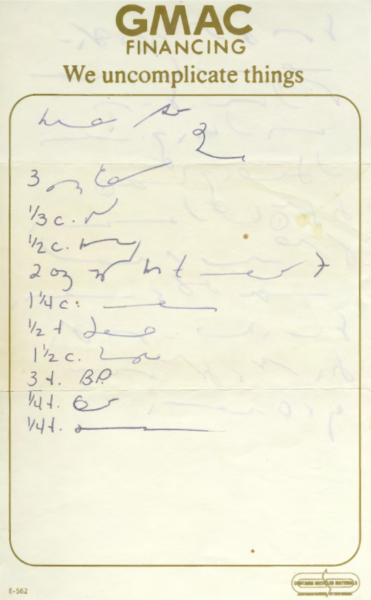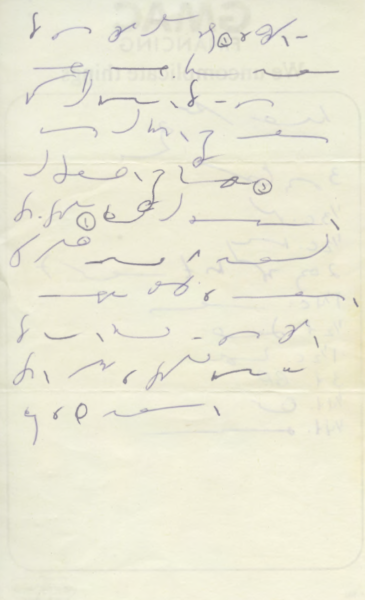It has been a little while since Clement Skitt showed up on the bean, but you may have gleaned from Clement Skitt’s word of the day that I have a bit of an affinity for vintage slang. I gave that affinity a place to live by making it a love of Clement Skitt, a comic character from Levi Levi and the Time Machine. Since the last word of the day post, I’ve stumbled on a couple more old slang dictionaries on the Internet Archive and figured I’d share in case you would like to peruse them while I do some reading up.
- 1811 Dictionary of the Vulgar Tongue by Francis Grose
- 1891 American Slang Dictionary by James Maitland
- 1909 Passing English of the Victorian era : a dictionary of heterodox English, slang and phrase by James Redding Ware
- Cab Calloway’s Hepster’s Dictionary
- Dictionary of American Slang by Clement Wood and Gloria Goddard
- A dictionary of modern slang, cant, and vulgar words by John Camden Hotten
- Dictionary of Service Slang by Park Kenda
- Dictionary of Slang and Colloquial English: Slang and its analogues by John S. Farmer and W. E. Henley
- A Dictionary of Slang, Jargon & Cant: Embracing English, American, and Anglo-Indian Slang by Albert Barrere and Charles Godfrey Leland
- Flapperspeak: Dictionary of Words From the 1920’s and 1930’s
- Wikipedia: Hobo Expressions used through 1940s
- A new dictionary of the terms ancient and modern of the canting crew, in its several tribes of Gypsies, beggers, thieves, cheats & c. with an addition of some proverbs, phrases, figurative speeches, & c. by E. B. Gent
- Passing English of the Victorian era : a dictionary of heterodox English, slang and phrase by Andrew Forrester in 1909
- Public School Slang by Morris Marples
- The slang dictionary: or, the vulgar words, street phrases and fast expressions of high and low society by John Camden Hotten, 1870







 I may have been uhtceare this morning, but it didn’t become dysania. Perhaps it may have been if I was also grufeling. There are apropos words to bring back and Buzzfeed can tell you all about it:
I may have been uhtceare this morning, but it didn’t become dysania. Perhaps it may have been if I was also grufeling. There are apropos words to bring back and Buzzfeed can tell you all about it:  “The swell was flash, so I could not draw his fogle.”
“The swell was flash, so I could not draw his fogle.” Introducing Clement Skitt’s word of the day. You may recognize Clement from Levi Levi and the Time Machine. He and his sister have since peeped into many different times and Clement has developed a healthy fascination with outdated slang. Today’s slang:
Introducing Clement Skitt’s word of the day. You may recognize Clement from Levi Levi and the Time Machine. He and his sister have since peeped into many different times and Clement has developed a healthy fascination with outdated slang. Today’s slang: